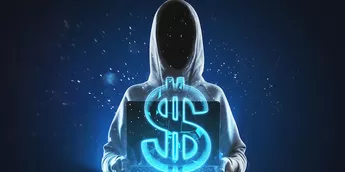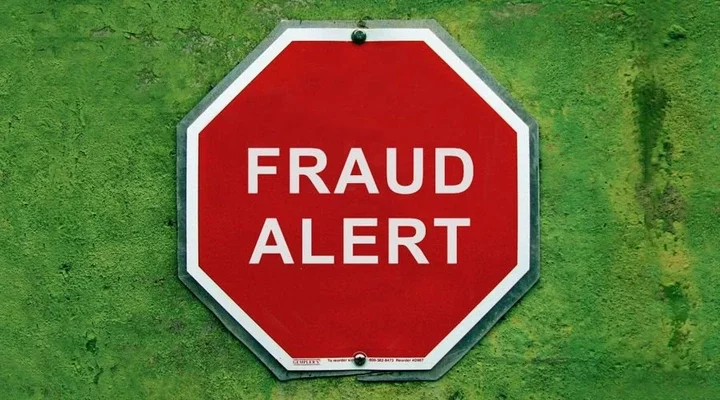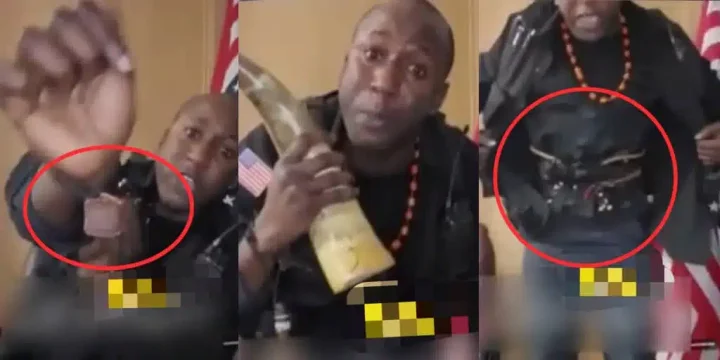
Tanzanian billionaire, Mohammed Dewji's X account was recently compromised, and used to promote a questionable cryptocurrency token.
The deepfake video, which was posted on the billionaire's hijacked X account, showed him apparently endorsing a token called $Tanzania.
However, Dewji has since denied any involvement, revealing that his account was hacked and the video was artificially created using AI.
According to Forbes, Dewji confirmed the hack in a WhatsApp message, stating, "My account has been hacked."
He added that his team had reported the incident to X and that he remains locked out of his account.
Despite the removal of several posts promoting $Tanzania, Dewji's X account continued to push the scam.
According to Forbes, while monitoring the account, a new post promoting the cryptocurrency's launch surfaced.
Minutes later, another apparent deepfake video was posted on Dewji's account, showing the tycoon in a different room, denying any hack while holding up the same sheet of paper.
After regaining control of his account, Dewji assured his over two million followers that the situation was under control.
"We apologize for the inconvenience caused by the breach of our X account. The situation is now under control, but we urge everyone to stay vigilant against scams and rely only on our official channels for accurate information." the statement said.
Scammers net $1.48 million
Forbes notes that despite efforts to pull down the fraudulent scheme, investors hastily poured $1.48 million into the $Tanzania token on the Solana blockchain, as tracked by blockchain analytics account, Lookonchain.
According to crypto fraud investigator ZachXBT, the scammers behind this incident are believed to be the same group responsible for hacking former Brazilian President Jair Bolsonaro's X account just two weeks prior, making off with $1.3 million.
A study by Deloitte notes that deepfake content led to fraud losses of over $12 billion in 2023.
Regula's Deepfake Trends 2024 study reveals that 57% of crypto companies have experienced audio deepfake incidents, surpassing the 45% dealing with fake or altered document fraud.
Additionally, 53% of crypto firms report encountering video deepfake fraud, solidifying deepfakes as a major concern for the industry.
This increasing rate of deepfakes in the crypto industry highlights a distinct challenge as fraudsters increasingly leverage advanced technologies to bypass security measures.

















Comments